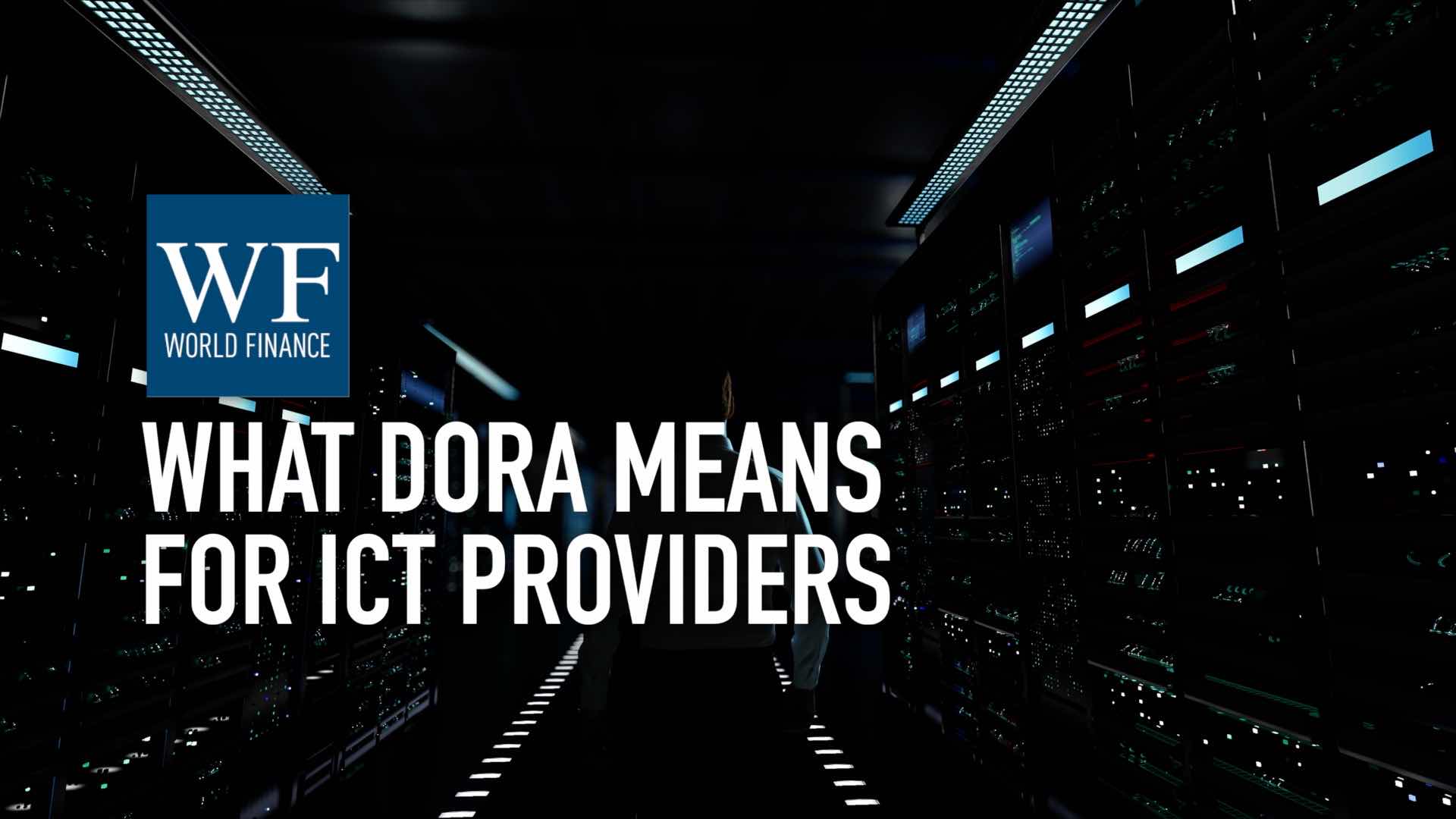Everything you value is broken
There are many hypocrisies and moral dilemmas at the heart of the financial system
Related:
Transcript
World Finance speaks to Jeremy Josse, author of Dinosaur Derivatives and Other Trades, to dissect the brains and the blood of the financial system to explore the philosophical puzzles often-confusing markets
World Finance: Well Jeremy, your book highlights the hypocrisies and moral dilemmas at the centre of the financial system. What are we looking at exactly?
Jeremy Josse: Finance is actually very important, our system depends on it. But it’s also, in one sense, a subject where people constantly suffer this sort of existential crisis. What is the point of all of this? That could be said of many things in life, but it’s true of finance particularly, because finance is not really dealing with the real economy. It’s dealing with these representative tokens, fictions, that reflect the underlying economy. And it’s parasitic on the underlying economy.
When the money stops flowing, it’s the brains and the blood of the whole system
On the one hand, it can be a somewhat venal activity, but on the other hand when it goes wrong, everything goes wrong. We saw that in the credit crisis. When the money stops flowing, it’s the brains and the blood of the whole system.
So you genuinely have this dichotomy at the centre of finance, which on the one hand is really a very important activity, but on the other hand it can be very venal.
World Finance: Has the financial system become so convoluted that we’ll get to the point, or we’ve even got to the point, that it’s unusable, or do financial professionals just need to get a better grasp of it?
Jeremy Josse: You’re right, one of the things that I think has happened over the last 20-30 years is, actually, a vast amount of brainpower went in to finance in London, in New York, potentially to the detriment of other industries, and it’s created enormous complexity, and unmanageable complexity in certain cases.
I do think, though, that the credit crisis has flushed out some of that. What we’re trying to move toward today is more of a balance, where there is still creative financial innovation, because it’s required, but it needs to be done in a way that is still pragmatic, should not be usurped by sort of otherworldly geeks, should not also be pushed too aggressively by rapacious brokers as we saw leading up to the credit crisis.
World Finance: Well I want to look at Orange Country – Detroit. These are two example of establishments that had arguable no right to get involved in the complex financial tools, because they didn’t have the expertise. Then there was Enron, a great example of an organisation that had the right to get involved, but not to the extent it was exposed, and certainly not in the way it was forcing itself with no options, or their underlying values. So, is the problem of the financial industry solely at the door of the regulators?
Jeremy Josse: No it’s not solely down to the regulators. One of the things about financial innovation is there’s no such thing as a social laboratory. If you want to buy a new drug, or a new car, or a new hammer, these things can typically be tested well before they hit the market.
Financial products cannot really be tested before they hit the market. When they come out, we are the guinea pigs, and Orange County started to play with derivatives at a fairly nascent stage in the development of the derivative product, and the result was very bad.
I think we have much deeper understanding of derivatives and how they can be used both for hedging and leveraging, but back then it was still in sort of a try and test phase, and that was a problem with Orange County.
Enron I think is a different case. Enron was profound fraud. The Enrons of the world do need regulation. Let’s not be too socialist, let’s not be too capitalist. The financial markets absolutely need regulation, if you don’t regulate then all sorts of bad patterns of behaviour develop. People can be very greedy, all sorts of bubbles form.
But equally, it isn’t just about regulation, if you can too much regulation it can be very very constraining on growth.
World Finance: Have we got to the point where there’s a misconception of the intrinsic value of assets?
Jeremy Josse: What’s happened I think with value in today’s financial world is that there is what’s called intrinsic value, the real value of assets that’s typically there. But there has been a huge dislocation on a regular basis and in many cases between market value and fundamental value.
That’s become very prevalent in today’s world. It was true in the internet bubble. I believe we have another internet bubble at the moment with social media stocks, again whose valuation cannot possibly be justified by reference to fundamentals.
We had that in the credit crisis with CDOs and some of these debt products got totally divorced form their underlying value. But we have it throughout life with valuation. Gold is considered extremely valuable in recessionary times, investors pile in to gold, and yet today gold is just a useless chunk of metal sitting in the vaults of the Bank of England or Federal Reserve.
World Finance: Financiers are constantly searching for liquidity, but with financial scientists such as Black-Scholes and technological advances on trading platforms rendering opportunities for arbitrage more and more limited, it’s a bit like an arms race with many players, no?
Jeremy Josse: There is a small percentage of the industry who I think are probably doing really innovative things. In fact, probably some of the greatest innovation in terms of sort of macro-economic forecasting and the forecasting of the performance of assets is done by some very niche hedge funds which most of us know nothing about, people like Renaissance Technologies, and they are at the sort of cutting edge of the arms race that you’re talking about.
But having said all of that, there are also guys who are sort of traditionalists and still make it work. If you look at the Warren Buffets of the world, Warren Buffet is really not interested in many of these new forms of trading, many of these new forms of arbitrage, many of these new forms of use of technology.
All he does is he just looks at fundamentals, back to what I was saying about the fundamental value versus market value. He’s not interested in market value, he just wants to find businesses that are good businesses, that keep on generated cashflows, that are sustainable and replicable, and he’s the greatest investor in the world. So that’s an interesting message to us, that sometimes these much more traditional approaches to investing are the deepest.

 What the Digital Operational Resilience Act means for board members and CEOs
What the Digital Operational Resilience Act means for board members and CEOs What the Digital Operational Resilience Act means for third party ICT providers
What the Digital Operational Resilience Act means for third party ICT providers
